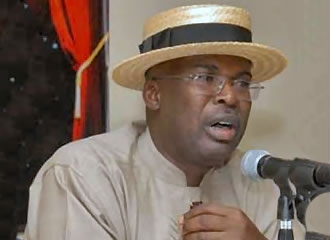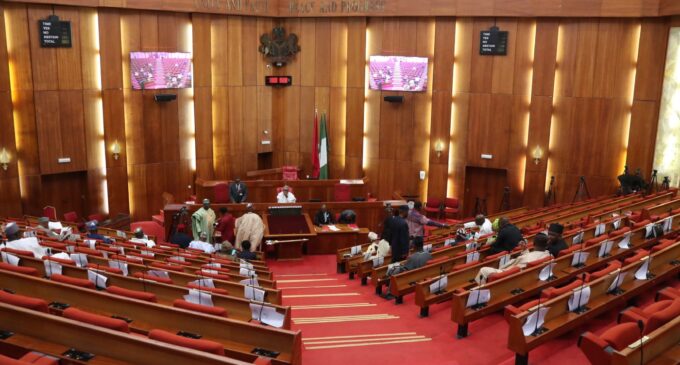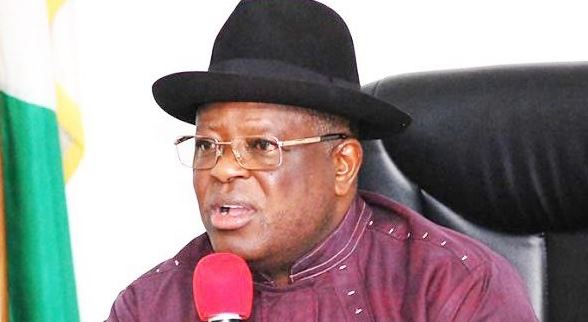The Senate Wednesday urged the Federal Government to declare State of Emergency on protection and welfare of girl – child in the country .
It also urged state governments yet to domesticate child rights act to do so with attendant eradication of harmful traditional practices like female genital mutilation .
The red chamber accordingly mandates its committee on legislative compliance to monitor the implementation of girl – child protection laws and policies .
Senate’s resolutions followed motion sponsored to that effect by Senator Ireti Kingibe ( LP, FCT) .
Senator Kingibe in the motion titled : ” The plight of the Nigerian Girl – Child and the Need for urgent intervention by the Federal Government to save the future of our girls “, lamented tha Nigeria has over 10 million out-of-school children, with the girl-child disproportionately affected.
According to her , based on 2020 UNICEF report, girls constitute over 60% of the out-of-school population, problem that is exacerbated by cultural barriers, insecurity, and economic disadvantages, especially in rural ard conflict-affected areas.
She added that gender-based violence, including rape, child trafficking, and physical abuse, continues to rise across Nigeria, with numerous incidents reported in all six geopolitical zones, often with minimal legal recourse or protection for the victims, leaving girls vulnerable, stigmatized, and unsupported.
She lamented further that child marriage remains prevalent across Nigeria, with the northern zones showing alarming statistics.
” According to the 2018 Nigeria Demographic and Health Survey (NDHS), over 44% of girls are married before the age of 18, with high percentages in states like Zamfara, Bauchi, and Sokoto . Child marriage deprives girls of their right to education, health, and a safe childhood, trapping them in cycles of poverty and oppression.
” Each of the six geopolitical zones has distinct but equally pressing challenges facing the girl-child and citing real-life scenarios to underline the urgency of the situation.
” Government at all levels , must therefore as provided for , by Section 17(3) of the 1999 Constitution of the Federal Republic of Nigeria, ensure that children have equal access to educational opportunities and that the state must protect the vulnerable from exploitation and abuse”, she stressed .











